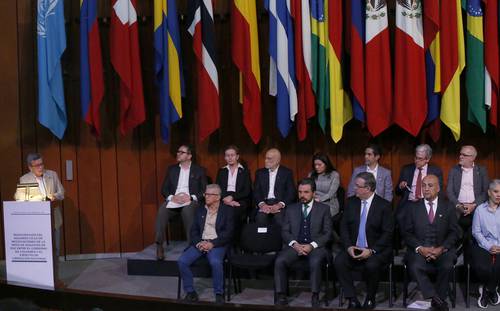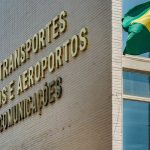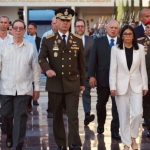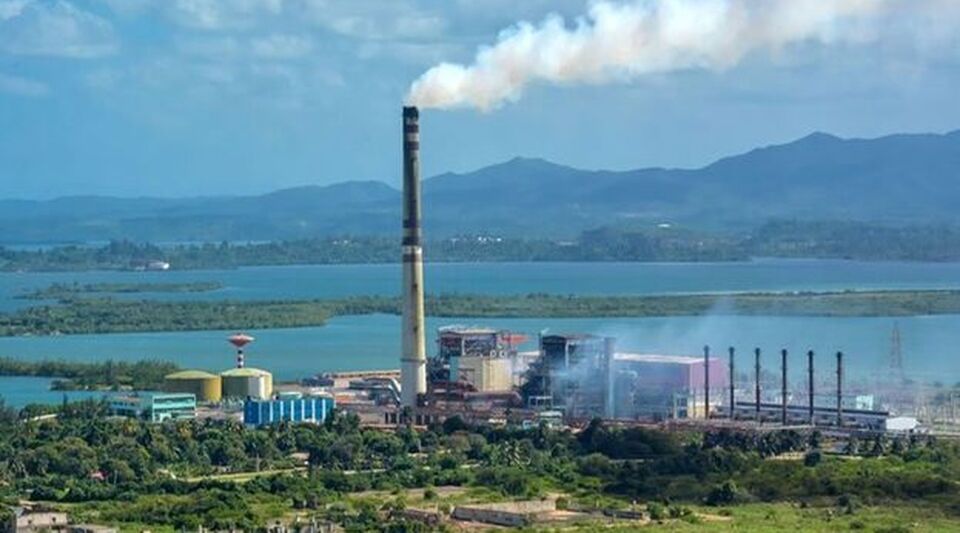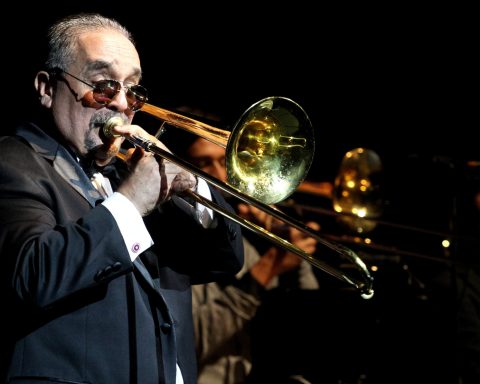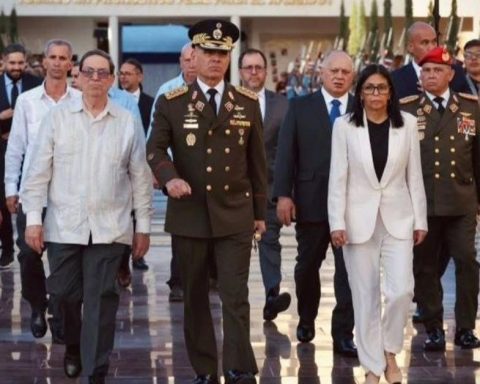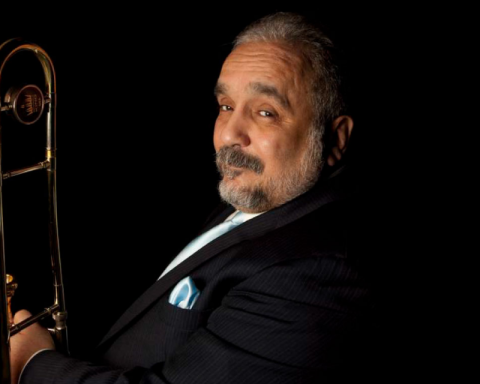▲ Last Monday the second cycle of negotiations between the Colombian government and the National Liberation Army began in Mexico City.Photo Maria Luisa Severiano
Emir Olivares Alonso
Newspaper La Jornada
Sunday February 19, 2023, p. 6
The representative of the United Nations Organization (UN) for the peace process in Colombia, Carlos Ruiz Massieu, stressed that the current government of Mexico has made the decision to participate as guarantor in the development of talks between the Colombian administration and the National Liberation Army (ELN) with a view to a bilateral ceasefire.
In interview with the daystressed that the determination of President Andrés Manuel López Obrador represents the return of our country to its international tradition for the resolution of armed conflicts, as it did in the late 1970s and early 1980s in the conflicts of Central America.
It is historic, because Mexico has a great tradition of mediation, of peace facilitation in the region, with very old processes such as the Franco-Mexican Declaration in the El Salvador process, the Contadora Group and the Guatemala process (to name a few). . It has had a great turnout, but (it was) a long time ago.
For this reason, he stressed that the Mexican president and his foreign minister, Marcelo Ebrard, took the historic decision
to respond to the call of both the government of Colombian President Gustavo Petro and the rebel group, and thus once again place Mexico in the international spotlight.
This second phase of negotiations began last Monday at the Inter-American Conference on Social Security, in the south of Mexico City, an emblematic space that was the venue for the debates that led to the transcendent Treaty of Tlatelolco in the 1960s, a Latin American contribution for nuclear disarmament. In addition to Mexico, Brazil, Chile, Cuba, Norway and Venezuela participate as guarantor nations in the cycle, as well as the UN and the Colombian Catholic Church.
For more than 30 years, Mexico put aside its tradition as a mediator in the region, to which Ruiz Massieu states that the reasons should be asked of the political and diplomatic bodies that so determined during that period.
Given this, he stresses that the López Obrador administration take a turn in that position and once again assume the tradition that characterized Mexican foreign policy.
at the UN We consider it a great success to accept this invitation, which was made because of Mexico’s history and capabilities, but also because of the trust that the parties have in the Mexican administration so that its diplomacy can contribute to the process. I am very pleased that Mexico has once again taken on this role
.
The UN representative has accompanied this negotiation since the peace agreement was reached in 2016 with the Revolutionary Armed Forces of Colombia (FARC) and the subsequent rapprochement with the ELN.
The effort has been long, especially because after the advances with the government of former president Juan Manuel Santos, during that of Iván Duque the negotiations got bogged down.
Although one part of the agreement has been fulfilled, such as the reincorporation into politics and the economy of the rebels who turned in their weapons, on the other hand, few social aspects have been implemented that aim to improve the communities.
The peace agreement is a road map for the country, since it is not limited to the demobilization, disarmament and reintegration of the guerrillas, but rather has profound proposals to make the country more democratic in order to fulfill historical debts to the peasantry such as the reform land, and political reform to give more space to social movements and that has been implemented very little.
Hence, Ruiz Massieu emphasizes the will of the current president of Colombia to find ways towards a comprehensive peace.
“The Petro government makes a proposal for a public peace policy that includes three pillars: implementing the 2016 agreement, dialogue with the ELN and the search for spaces for conversation with other armed groups and depending on their nature –organization with political purposes or more of a criminal nature – to determine if they deserve a more peaceful dialogue or if they are offered to submit to justice, with benefits such as reduced sentences, so that they can be convinced to lay down their weapons and demobilize.”
But it also emphasizes the ELN’s intention to build agreements for peace and social participation, especially in the sectors that have been most impacted by the conflict.
Although the conditions today are encouraging, the expert notes that the route will not be easy, since in Colombia there are other elements that have been fuel for conflict
such as drug trafficking, illegal mining and other illegal economic activities, which must be resolved in parallel.
